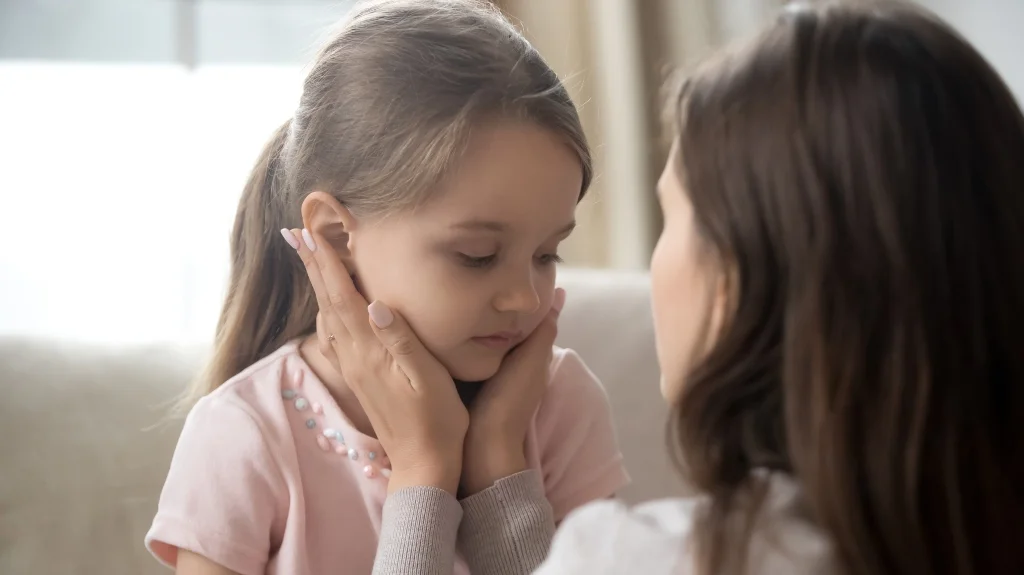Every child deserves the right to grow up in a safe and stable environment. More than anything else, the parents and legal guardians of kids have the obligation to provide this protection. Sadly, situations can arise where parents appear to no longer be able to protect their children. When this happens, any interested person or party may initiate a CHIPS petition.
But what exactly is a CHIPS case in Minnesota? In short, a CHIPS case is an intervention where a court decides if a parent or guardian is able to sustain the well-being of a child under their protection. A court that receives a petition must hold hearings to review the child’s situation. If a court determines that a child is at-risk, it will work with parents and guardians to form a plan that cares for the well-being of the child or that intervenes on the child’s behalf.
When Does a Court Consider a CHIPS Case?
A CHIPS case is appropriate in Minnesota when a child is not receiving the care they need to live a safe and healthy life. The purpose of a CHIPS case is to determine if a child meets the legal standard of being a Child in Need of Protective Services (CHIPS).
With this in mind, the court will never initiate these cases on their own. Instead, state law empowers any individual to file a petition with the court if they have concerns about the child’s well-being. More specifically, Minnesota Statute § 260C.007(6) says that a person seeking a CHIPS case must introduce evidence that a child is abandoned, unable to receive proper care due to a guardian’s medical issue, or is the victim of physical, mental, or sexual abuse. The statute provides the full list, but in every example, the party bringing the petition must have evidence of the child’s needs.
What to Expect During a CHIPS Case
CHIPS cases in Minnesota can take on many forms. These include:
- Child protection
- Truancy
- Runaway
- Voluntary placement
- Delinquencies when a child is under the age of ten
If a State social services agency believes that a child is in need of intervention, they can submit a petition to the court. So can any other concerned party. The court will then send a summons to all interested parties, such as parents, and assign a guardian ad litem to represent the interests of the child.
The court will then schedule hearings to determine if the child meets the legal standards for CHIPS. If the court finds that the child requires intervention, it may take steps that include coming to a settlement with guardians to provide better care for the child, placing the child in foster care, or even moving to terminate parental rights. As a result, it is critical to have legal representation during all CHIPS hearings. The team at 29th and Law P.C. is ready to provide this help.
Reach Out to Us Immediate to Protect Your Relationship with Your Children
Learning that Child Protective Services is investigating your relationship with your child is always a stressful time. If the investigation leads to a CHIPS petition, it is vital that you act to protect yourself and your children.
The attorneys at 29th and Law P.C. may be able to help. They work to explain the CHIPS process and what the petitioning party needs to prove. They are also here to represent your interests during all court sessions and protect your right to continue raising your children without government intervention. Contact them now to get started.

